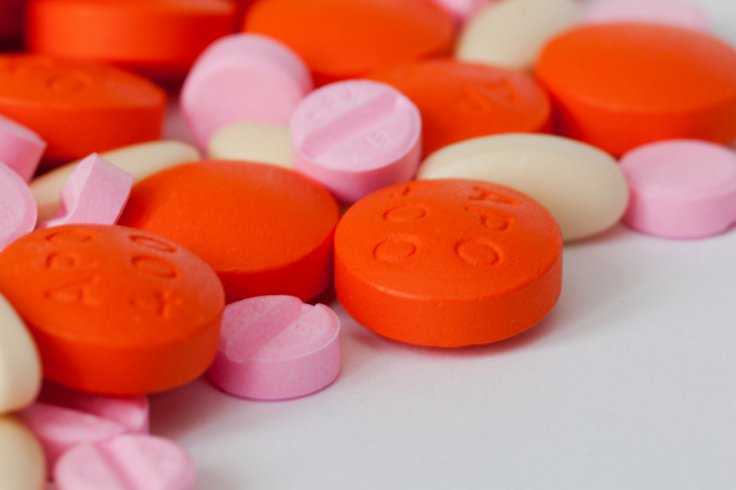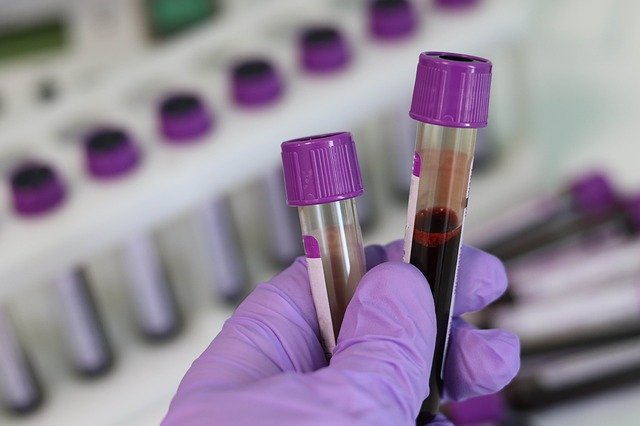In what can be considered a severe blow to the hopes of effectively treating COVID-19, a combination of two HIV drugs that was endorsed as a likely treatment for coronavirus has proved ineffective, according to a study published by Chinese researchers in the New England Journal of Medicine on Wednesday.
Kaletra, a combination of two antiretroviral drugs — lopinavir and ritonavir — was touted as a potential cure for the notoriously virulent coronavirus. However, the study stated that in the randomized Chinese trial consisting of 199 patients with severe COVID-19, patients who received the antiretroviral concoction showed no significant improvement when compared to those who received standard care.
"In hospitalized adult patients with severe Covid-19, no benefit was observed with lopinavir-ritonavir treatment beyond standard care," the study said.

A clinical trial with severe cases of COVID-19
As many as 199 patients who suffered from severe COVID-19 were chosen for the randomized trial. Of these, 100 patients were assigned to the group that received only standard care while 99 received the Kaletra treatment. However, five out of the 99 patients did not receive the treatment. Three succumbed to the disease before the trial began, and in two cases, attending physicians refused to prescribe the recommended treatment. Therefore, only the remaining 94 patients were administered lopinavir-ritonavir.
Nearly 60 per cent of the patients in the trial were men and the median age among all patients was 58 years. Between the onset of symptoms and randomization, the median interval was 13 days. In addition to the treatment administered based on the groups they were assigned to, 35.7 per cent of the patients in the standard care group and 33 per cent of those in the lopinavir-ritonavir group, received glucocorticoids — a form steroids.
Not the results that were expected
Among patients who received the lopinavir-ritonavir cocktail, minimal gains were noticed in terms of clinical improvement, and mortality was reported at 28 days. However, the differences between the two groups were statistically insignificant. While the drug trial group showed improvement post a median of 15 days, the standard care group did so after a median of 16 days. "In a modified intention-to-treat analysis, lopinavir-ritonavir led to a median time to clinical improvement that was shorter by 1 day than that observed with standard care," the study said.

Doing more harm than good in some patients, the HIV drugs led to the manifestation of gastrointestinal side effects in them. This led to the discontinuation of treatment in 13.8 per cent of patients in the drug trial group. Some of the adverse effects included abdominal discomfort, anorexia, diarrhea, nausea, and in two cases, acute gastritis
A failure to build on
One of the main drawbacks of the study, which the authors admit is that it was not a blinded study. Thus, it was not compared against a placebo, which is mandatory for evaluating the efficacy of a treatment.
In an editorial, Dr. Lindsey Baden and Dr. Eric J. Rubin, editors of the New England Journal of Medicine, commending the trial said, "This was a heroic effort." However, they also admitted that "Unfortunately, the trial results were disappointing".

However, expressing hope, the authors said the results of the study will inform future trials evaluation of other medication in the treatment of COVID-19. "Despite the fact that lopinavir-ritonavir does not seem to be highly effective in patients with Covid-19, there are many important takeaways from this study," wrote Dr. Baden and Dr. Rubin in the editorial.
What is next?
With Kaletra failing to provide an effective treatment option, can Remdesivir turn the tide? As a broad-spectrum antiviral agent, Remdesivir is an ideal candidate to rely on when an outbreak characterised by several unknowns concerning the pathogens is involved. It found to show a powerful antiviral response against MERS and SARS. The drug was also found to prevent the replication of the Ebola virus by blocking its RNA polymerase.
"Remdesivir has quite high efficacy across all different coronaviruses and therefore it is one of the prime candidates to start being tested," said Vincent Munster, chief, Viral Ecology Unit, US National Institute of Health, according to Nature.









